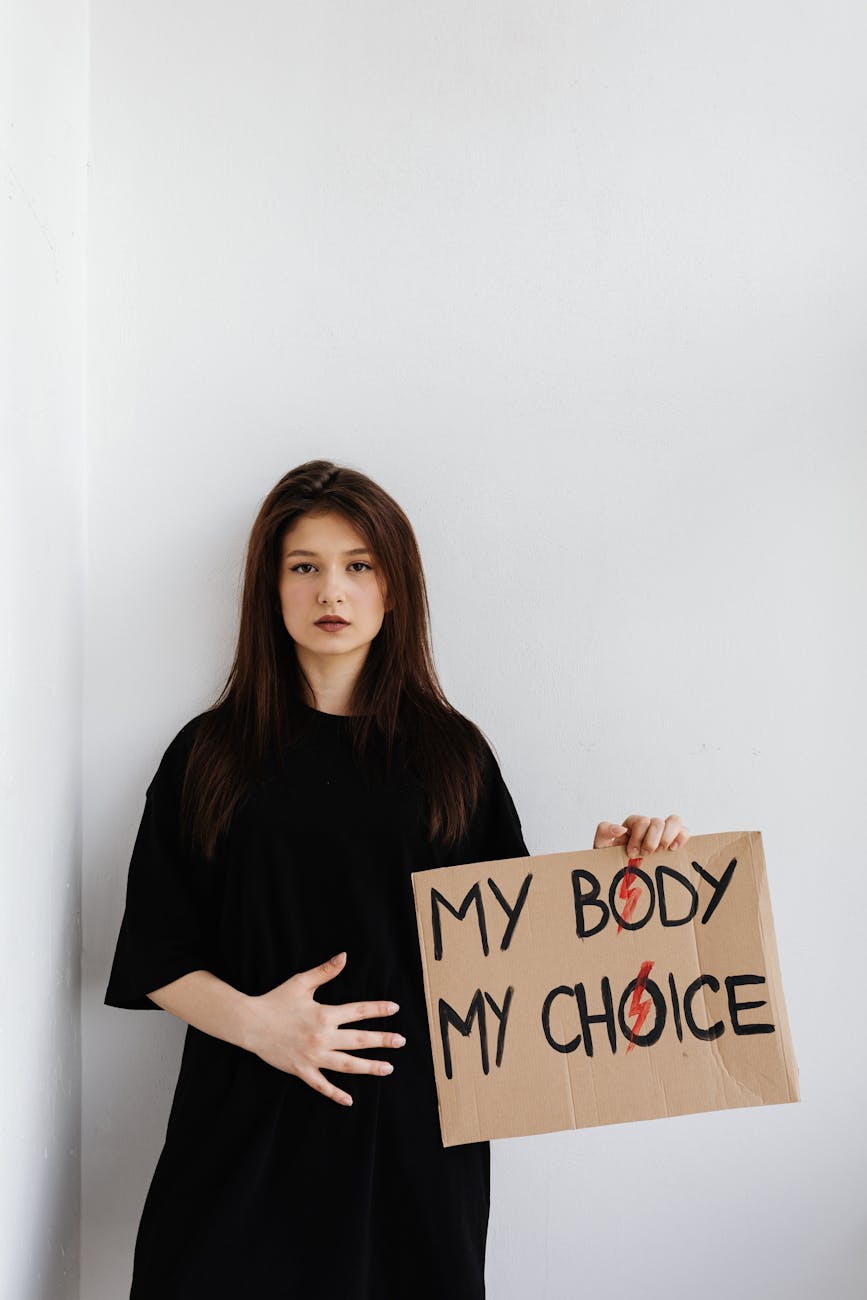Have you ever read a poem that made you stop in your tracks? You know, the kind that hits you in the gut and makes you think, “Wow, this is exactly how I feel”? Modern poetry often does just that, weaving themes of social justice into its fabric. It’s like a mirror reflecting the struggles and triumphs of our times, and it’s fascinating to see how poets tackle issues like inequality, oppression, and identity.
Picture this: you’re sitting in a café, a steaming cup of coffee in hand, and a friend hands you a book of poems. As you flip through the pages, a piece titled “The Weight of Our Silence” jumps out at you. The lines speak to the unspoken burdens carried by marginalized communities. Suddenly, you realize that poetry can be so much more than just pretty words; it’s a powerful tool for change.
In recent years, poets have become vocal advocates for social issues. Think about how Amanda Gorman’s “The Hill We Climb” captured the spirit of a nation yearning for unity. Her words resonated with so many because they addressed not just the past but also the future we’re all trying to build together. This is where the beauty lies—poets have this incredible ability to distill complex ideas into relatable experiences.
Let’s break it down a bit. Here are some themes you’ll notice in modern poetry that tackle social justice:
- Identity and Belonging: Many poets explore what it means to belong to a culture or community, often reflecting on the challenges of intersectionality.
- Inequality: This theme dives into economic and social disparities, showcasing the struggles faced by those on the margins.
- Resistance: Whether through protest or personal narrative, poems often serve as a rallying cry against systemic injustices.
- Empathy: Poets invite readers to see through the eyes of others, fostering understanding and compassion in a divided world.
- Hope: Amidst all the darkness, many modern poems provide a glimmer of hope, reminding us that change is possible.
But let’s not forget about the personal touch. Poetry is inherently emotional, and that’s what makes it so relatable. For instance, when reading a poem about police brutality, you might find your heart racing as you connect with the fear and anger expressed in those lines. It’s raw, it’s real, and it’s a reminder that we’re all part of this human experience—no matter where we come from.
And here’s a thought: what if we encouraged more conversations about these themes? Imagine a book club where the discussion isn’t just about the poetry itself but also the social issues that inspired it. You’d not only dive deeper into the art but also engage with your friends on topics that matter. That’s the power of poetry—it creates a space for dialogue and reflection.
So, as you explore modern poetry, keep an eye out for those social justice themes. They’re not just words on a page; they’re calls to action, invitations to reflect, and sometimes even a balm for our troubled hearts. Isn’t it amazing how a few lines of verse can provoke such profound thoughts? As you navigate through these verses, you might just find a piece that resonates with your own story, reminding you that you’re not alone in this journey.

